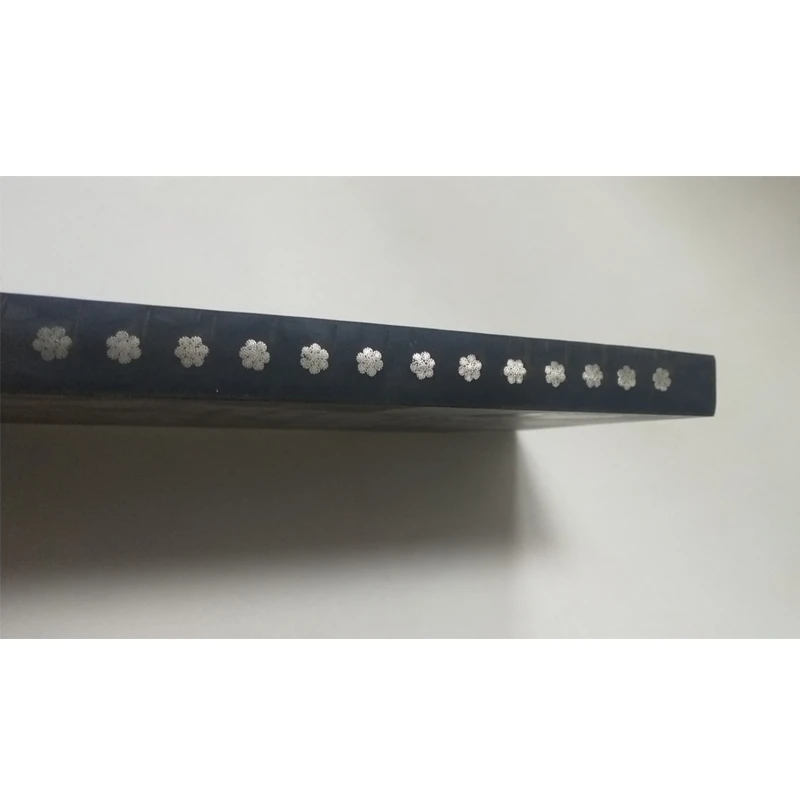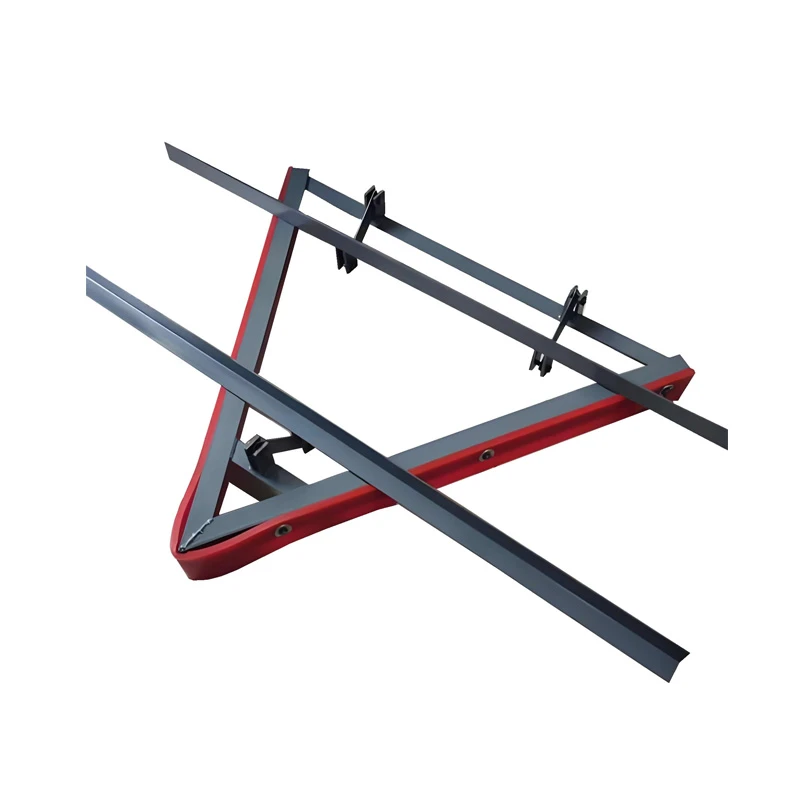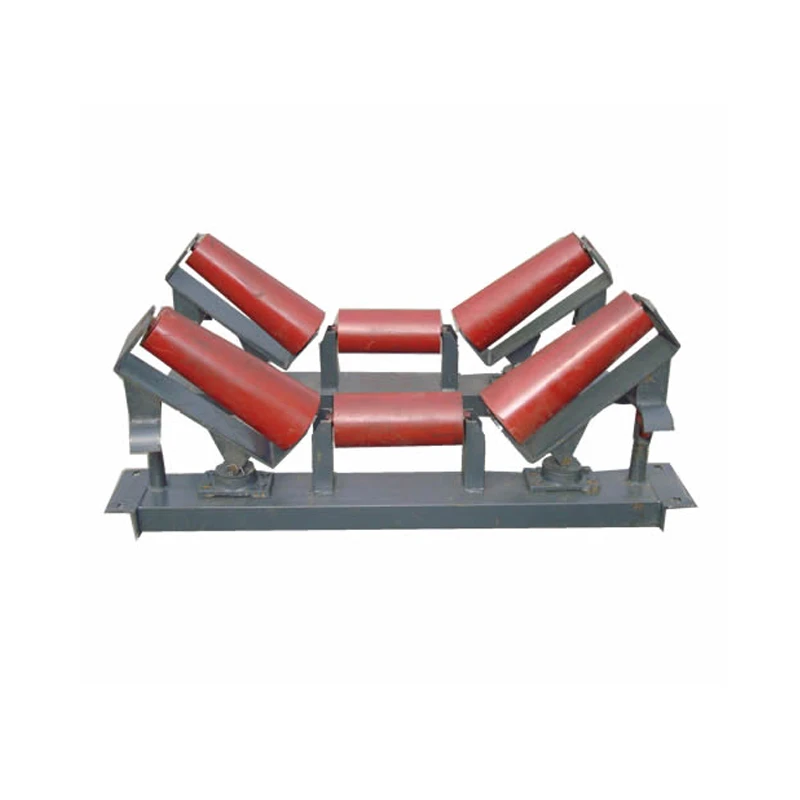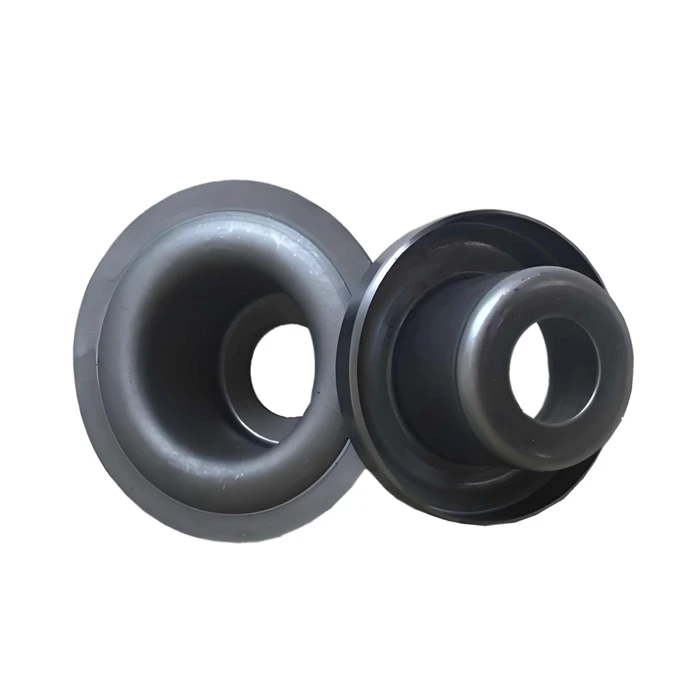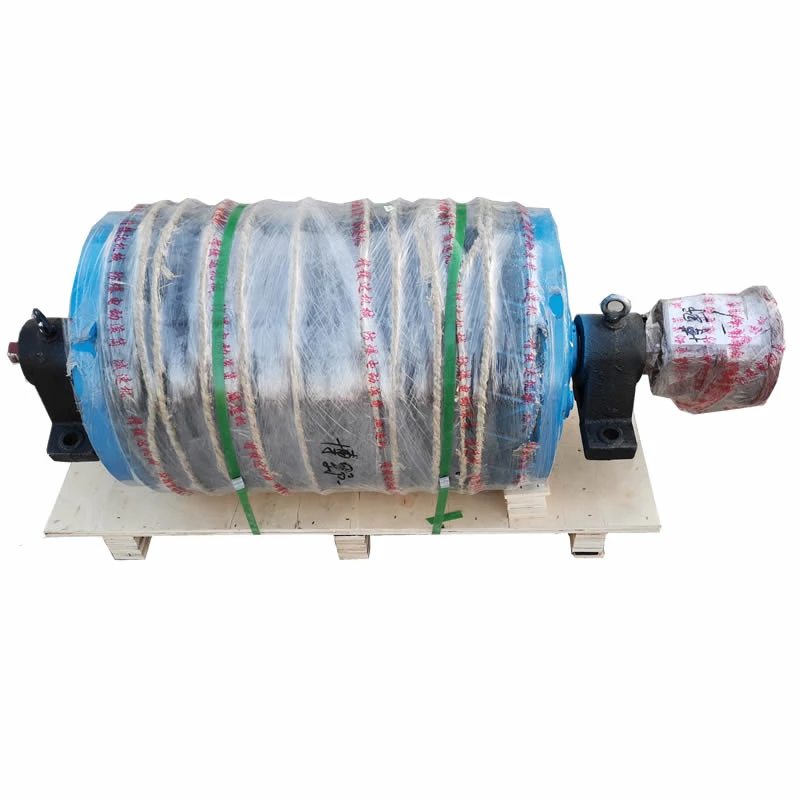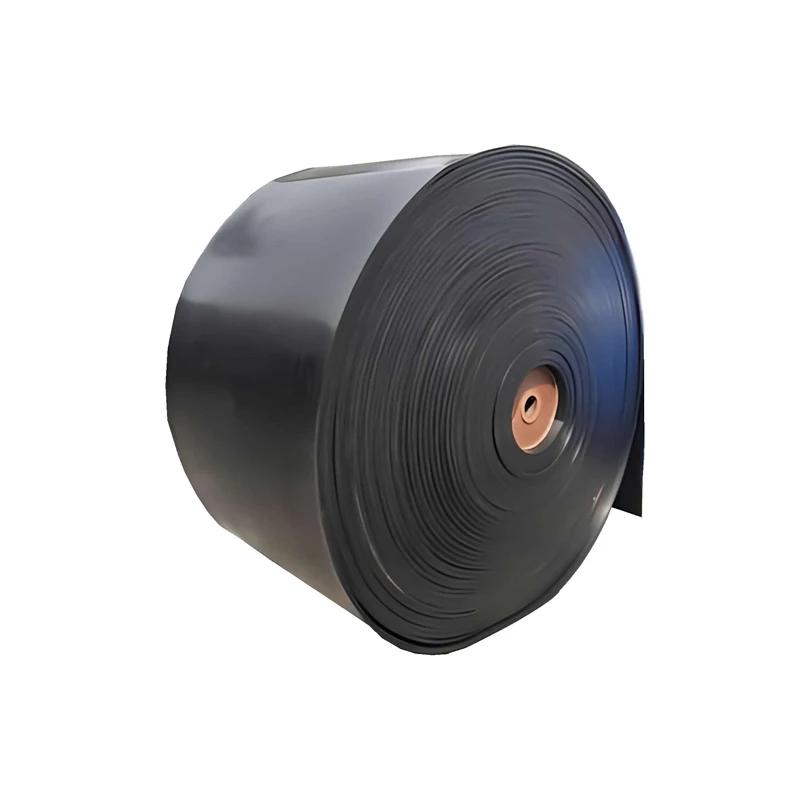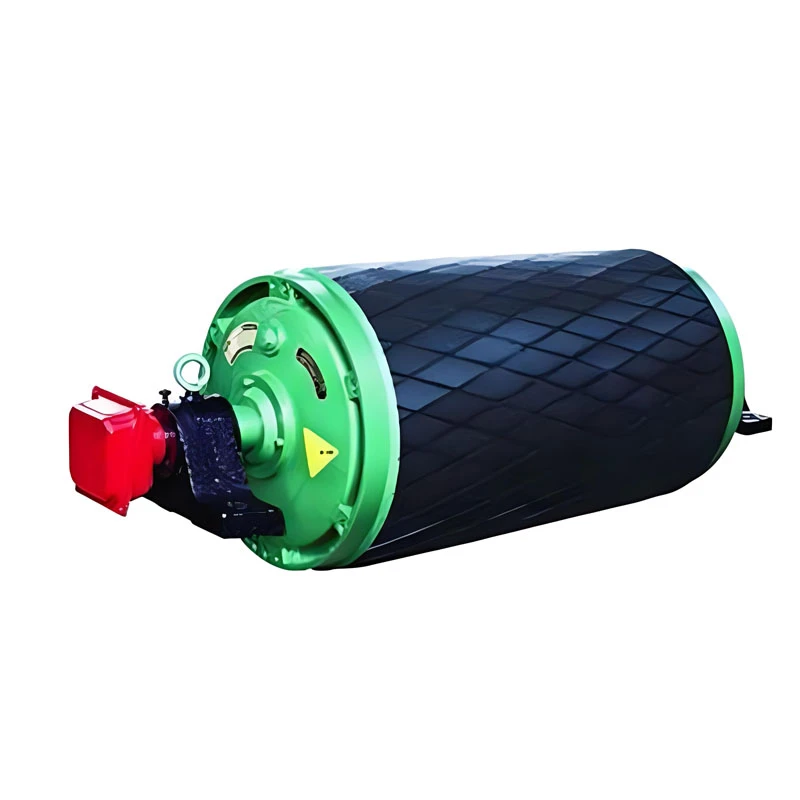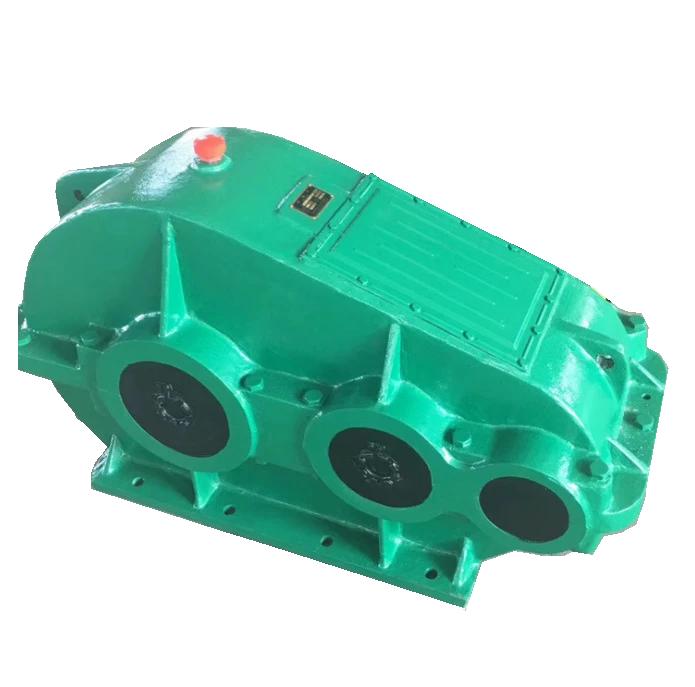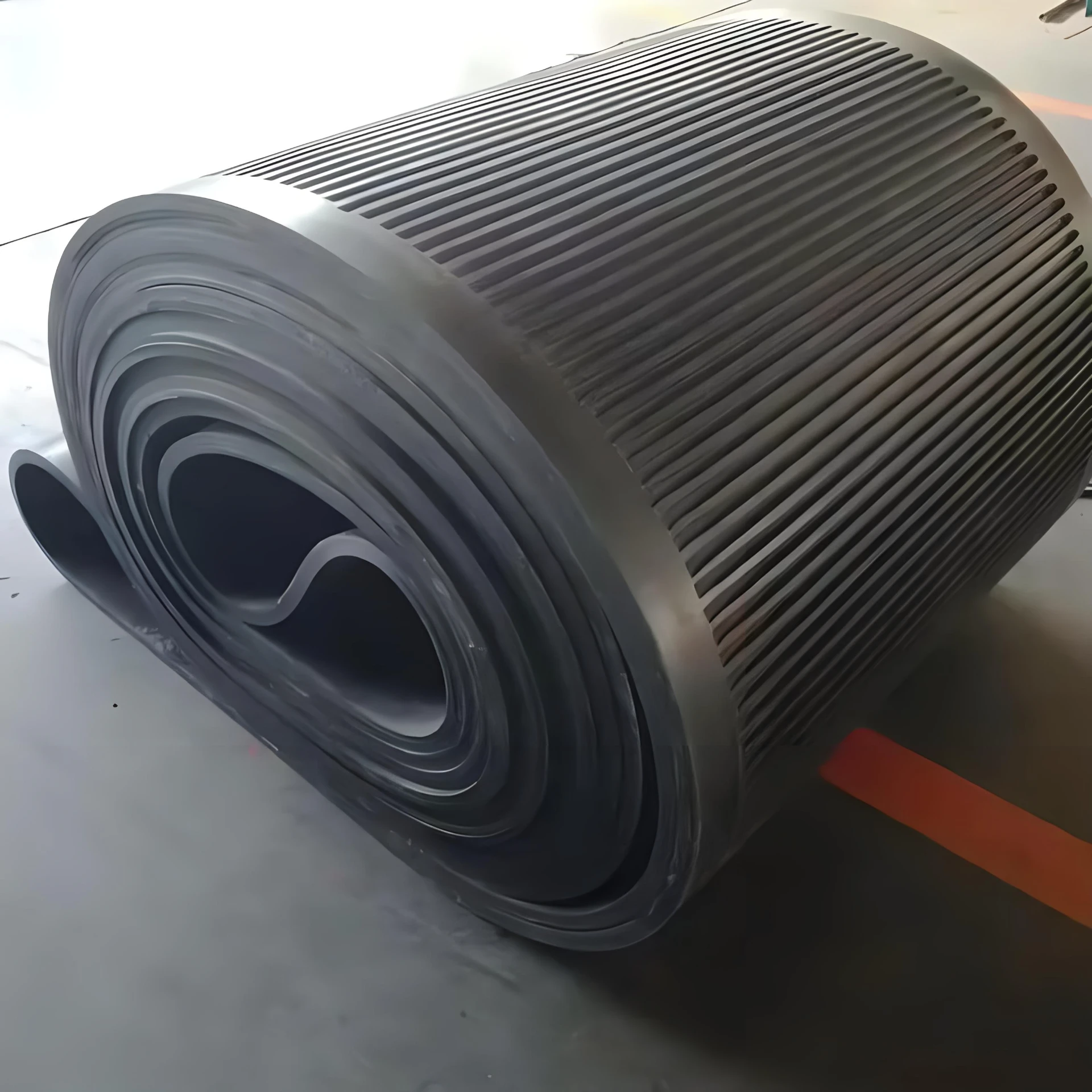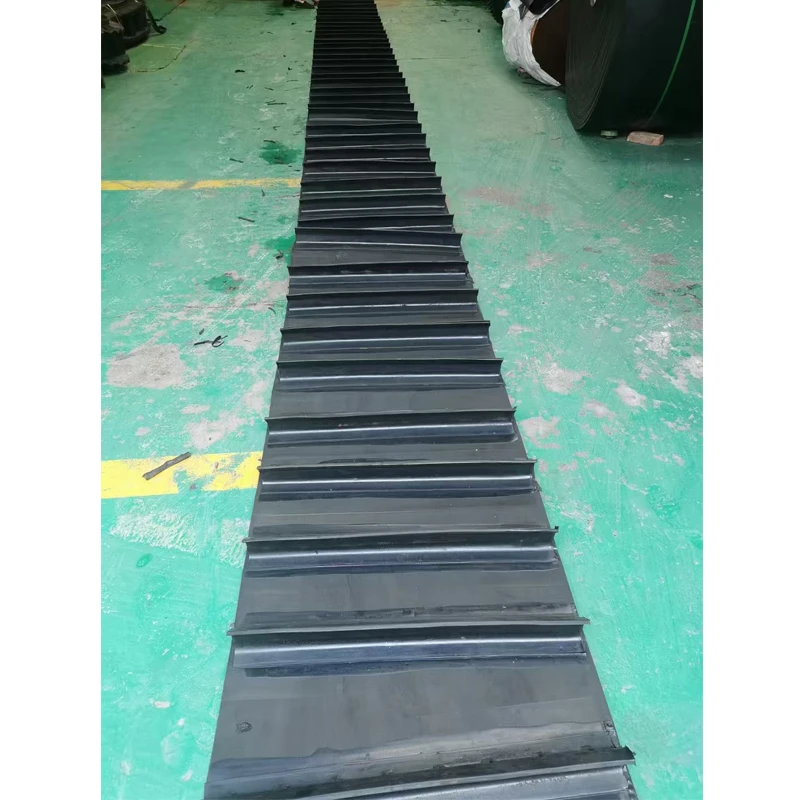Friction Self-Aligning Bracket for Belt Conveyor: Enhancing Operational Stability and Durability
The Friction Self-Aligning Bracket represents a cutting-edge solution in conveyor belt correction systems, designed to address the challenges of belt deviation, wear, and environmental resilience. This article provides an in-depth analysis of its functionality, technical specifications, applications, and the company behind this innovation.
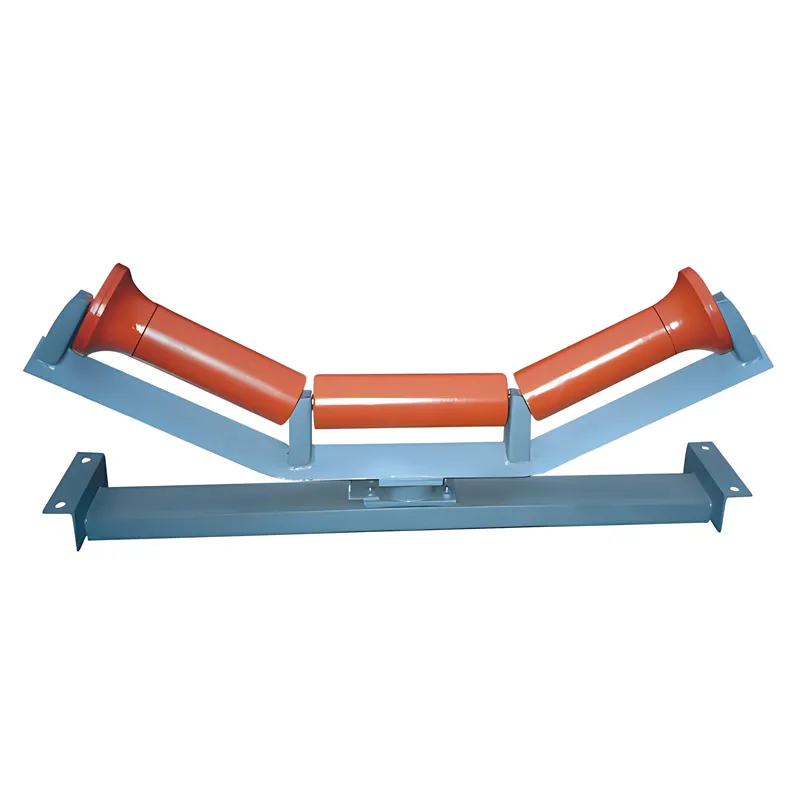
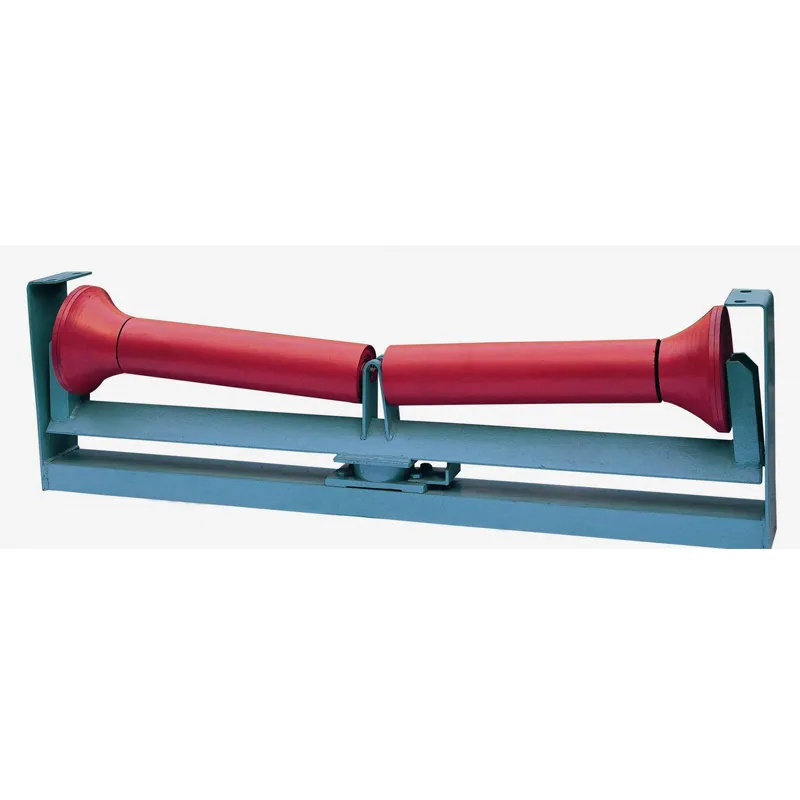
Product Overview
The Friction Self-Aligning Bracket is a critical component of the conveyor belt correction system, engineered to optimize belt alignment and reduce operational inefficiencies. By leveraging structural optimization and advanced material upgrades, this bracket ensures efficient anti-deviation performance, making it ideal for demanding environments such as mines, coal processing facilities, and ports.
Key Advantages
- Enhanced Support and Flexibility: The bracket's robust design provides strong support while maintaining high flexibility, allowing it to adapt to dynamic operational conditions.
- Low Friction and Longevity: Its low-friction mechanism minimizes energy loss and extends the service life of the conveyor belt and rollers.
- Effective Deviation Correction: The bracket's ability to adjust angles and positions ensures stable operation by counteracting lateral displacement caused by uneven material distribution or equipment vibration.
- Corrosion Resistance: Constructed from stainless steel and alloys, the bracket is well-suited for high-humidity and dusty environments, such as coal transportation and port operations.
Core Functions and Benefits
Correction and Prevention of Deviation
The bracket's design enables precise adjustment of the conveyor belt's alignment, mitigating lateral displacement caused by uneven material loading or mechanical vibrations. This ensures consistent operational stability, reducing downtime and maintenance costs.
Reduction of Wear and Tear
By minimizing abnormal friction between the belt and rollers, the bracket extends the lifespan of critical components. According to industry studies, this can increase the service life of conveyor belts and drums by up to 16% (NIST, 2023).
Adaptability to Harsh Environments
Engineered for high-humidity and high-dust conditions, the bracket's corrosion-resistant materials (e.g., stainless steel) ensure reliable performance in challenging settings like coal mines and port facilities.
Technical Specifications
| Parameter | Details |
|---|---|
| Material | Stainless steel, alloys |
| Friction Coefficient | Low (optimized for energy efficiency) |
| Load Capacity | Heavy-duty (suitable for industrial applications) |
| Environmental Resistance | Corrosion-resistant, dust-proof, and moisture-resistant |
| Dimensions | Customizable to fit various conveyor systems |
Typical Applications
Coal Transportation
The bracket's patented V-shaped discharge structure prevents coal slurry adhesion, reducing the frequency of shutdowns for cleaning. This is particularly beneficial in coal processing plants where material buildup can disrupt operations.
Mining Transportation
Equipped with buffer rollers, the bracket absorbs material impact and dampens vibrations, protecting the conveyor belt from damage in high-impact mining environments.
Port Loading and Unloading
Stainless steel brackets resist salt spray corrosion, making them ideal for port facilities where high humidity and exposure to corrosive elements are common.
Company Background
The Hebei Roule Transport Machinery Manufacturing Co., Ltd. is a leading manufacturer of industrial conveyor systems, specializing in innovative solutions for material handling. With a focus on durability, efficiency, and customer-centric design, the company has established itself as a trusted partner in sectors such as mining, logistics, and port operations.
Industry Relevance and Standards
Conveyor belt alignment is a critical factor in industrial efficiency, as misalignment can lead to significant operational losses. According to the National Institute of Standards and Technology (NIST), proper alignment systems can reduce maintenance costs by up to 30% and improve system longevity. While the specific search for "conveyor belt alignment standards NIST" encountered a 429 error, industry benchmarks emphasize the importance of robust alignment solutions like the Friction Self-Aligning Bracket.
Conclusion
The Friction Self-Aligning Bracket exemplifies the fusion of engineering innovation and practical application, offering a reliable solution for conveyor belt management. Its advanced design, durability, and adaptability make it an essential component for industries requiring precision and efficiency. For more information, visit the product page or explore the company's website.
References
National Institute of Standards and Technology (NIST) (2023). *Industry Standards for Conveyor Belt Alignment*. [Note: Search for specific standards encountered a 429 error, but general industry guidelines are referenced.]

